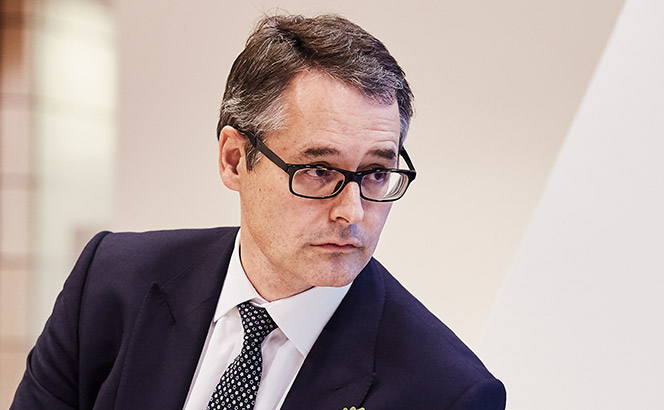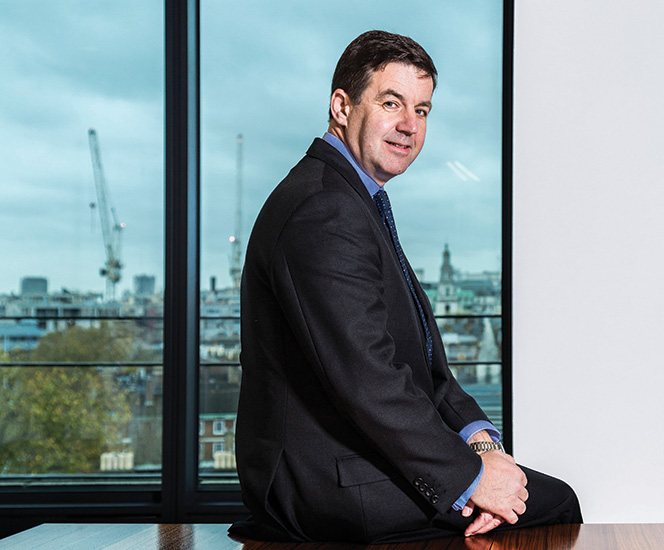Was it a progressive discussion about boosting pro bono and One Nation values, or an opportunistic attempt to tap the commercial legal profession to fill a funding gap? Or both?
That remains unclear to many of the participants in a packed meeting on Monday (26 October) morning at Clifford Chance’s (CC) Canary Wharf offices between justice secretary Michael Gove (pictured) and a group of leading commercial law firms amid plans floated by the Ministry of Justice (MoJ) to impose some form of levy on City law firms to fund the courts.










